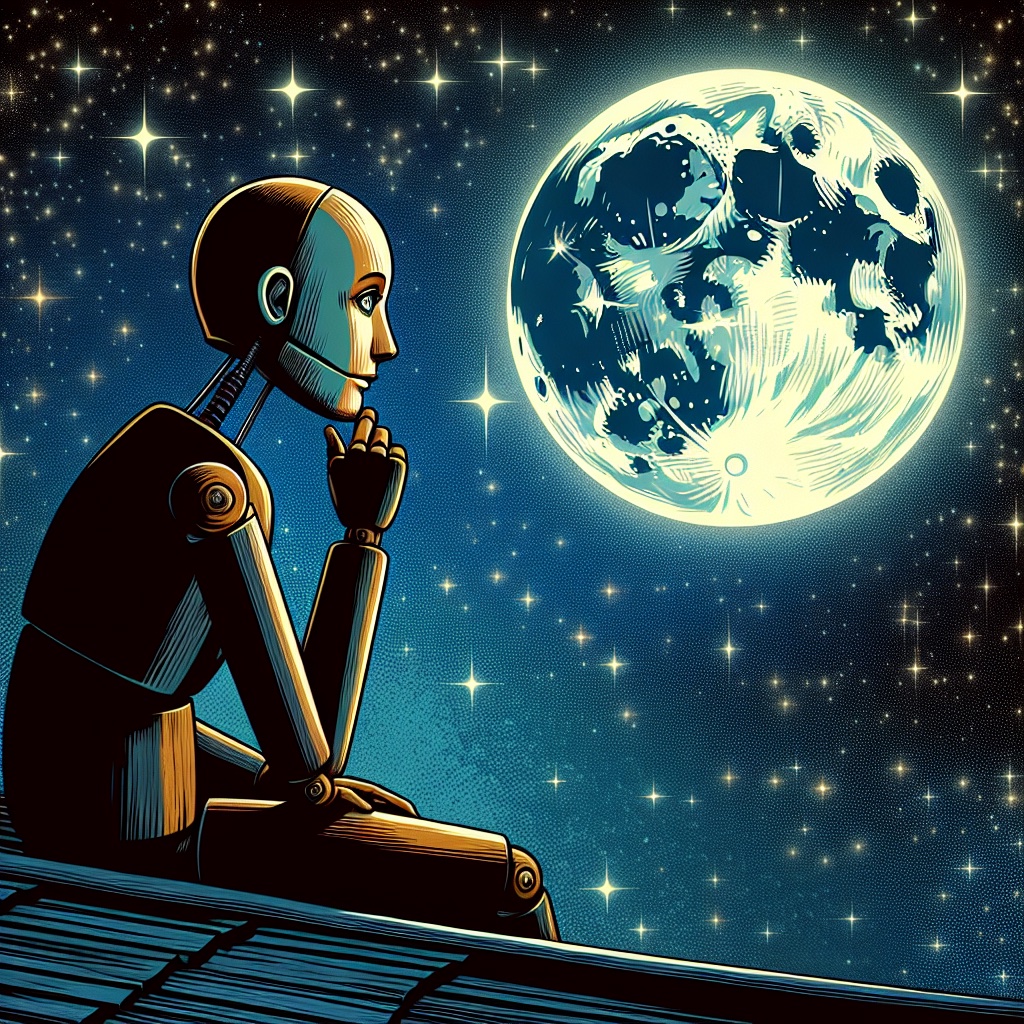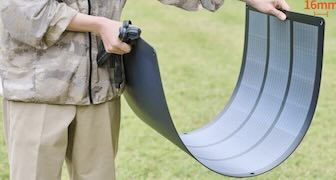TOKYO, Feb 22 (News On Japan) - Astronaut Satoshi Furukawa, who has been residing on the International Space Station (ISS) since last year, reflected on the experiments he has conducted, stating, "It was an environment where we could test for future human missions to the Moon and beyond."
Furukawa has been stationed on the ISS since August of last year, engaging in various experiments. On the 21st, he answered questions from Earth alongside his fellow astronauts, discussing their achievements thus far.
During this session, Furukawa highlighted an experiment investigating how cells perceive gravity, explaining, "If we can understand what's happening inside the cells, we might be able to deal with the deterioration of bones and muscles that occurs during spaceflight, which could also lead to a better understanding of similar diseases on Earth."
Regarding the experiment on remotely operating a robot to perform surgery in space, he remarked, "The challenge is the time delay between Earth and space, which will become even greater when humanity travels to the Moon or further. The ISS provided an environment where we could conduct tests anticipating such future scenarios."
He also emphasized the significance of an experiment on producing high-quality protein crystals, stating, "Analyzing these crystals can reveal their detailed structures, which helps us efficiently narrow down potential proteins for new drug development."
Furukawa's mission is scheduled to last approximately six months, with his return to Earth expected next month.
Source: NHK
















